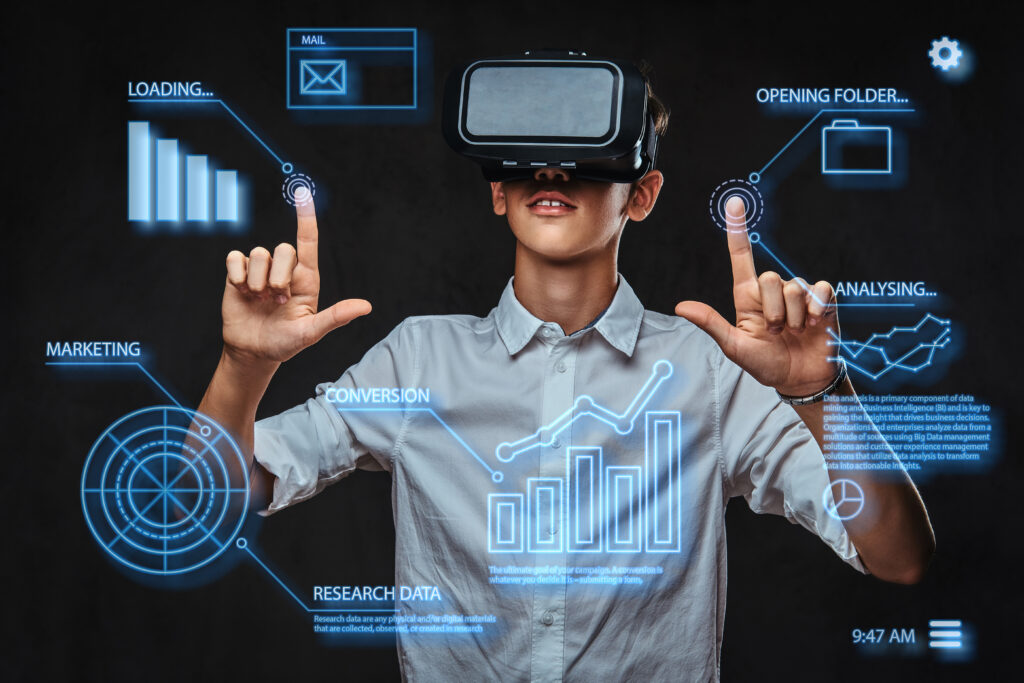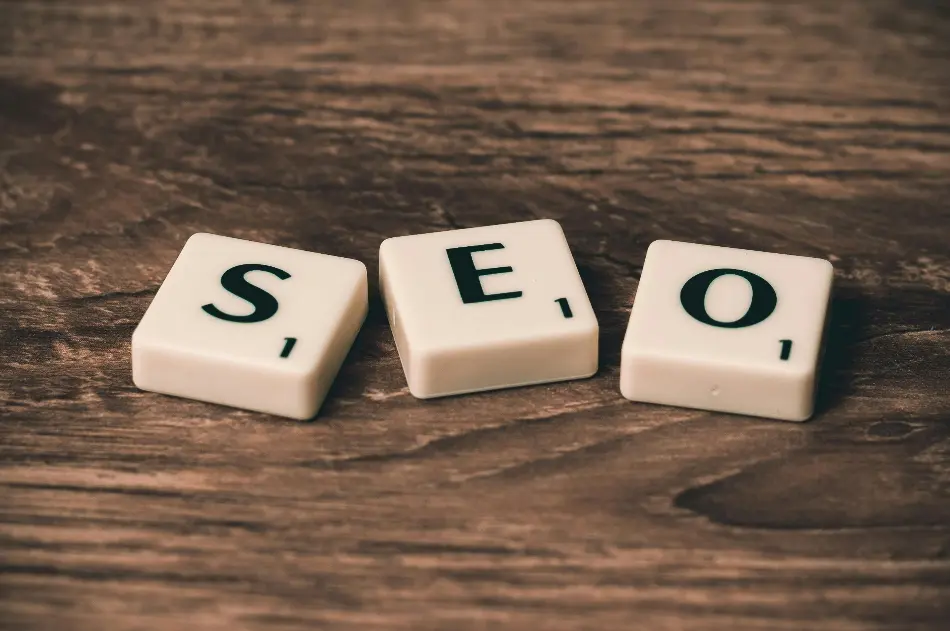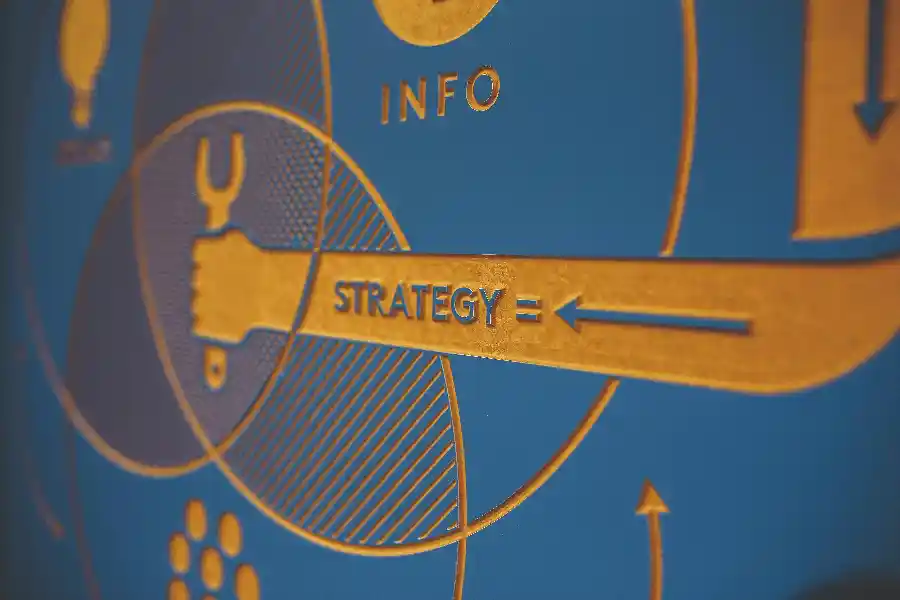How Digital Marketing and Advertisement Can Help Your Business Grow
In today’s world, having strong digital marketing and advertisement skills is no longer optional — it’s essential. Whether you’re looking to build your personal brand, grow your business, or advance your career, understanding digital marketing is the key to standing out online, increasing visibility, attracting traffic, and boosting sales.
A solid grasp of digital marketing and paid advertising can make all the difference when it comes to promoting your services, running successful campaigns, and building your brand across search engines and social media platforms — whether you’re a student, entrepreneur, or freelancer.
Table of Contents

What is Digital Marketing?
Digital marketing is the process of promoting products, services, or brands using online platforms and digital channels. It goes beyond traditional advertising methods and leverages the power of the internet to reach potential customers in a cost-effective, measurable way.
Popular digital marketing platforms include:
✔ Search engines like Google and Bing
✔ Social media platforms such as Facebook, Instagram, LinkedIn
✔ Email marketing
✔ Blogs, websites, and video platforms like YouTube
Digital marketing combines organic (free) strategies and paid campaigns to create a strong online presence for businesses and individuals alike.
What is Digital Advertisement?
Digital advertisement is a specific part of digital marketing that focuses on paid promotional activities through online platforms. It involves using advertising tools to target the right audience with tailored messages and offers.
Some common forms of digital advertising include:
✔ Google Ads (Search & Display Network)
✔ Facebook and Instagram Ads
✔ YouTube Video Ads
✔ LinkedIn Sponsored Content
✔ Sponsored articles or banners on websites
Paid ads help businesses quickly reach their target audience, increase website traffic, and generate leads or sales.
Digital Marketing vs. Digital Advertisement: Key Differences
| Feature | Digital Marketing | Digital Advertisement |
|---|---|---|
| Type | Broad, long-term strategy | Focused on paid efforts |
| Channels | SEO, content, social media, email | Paid ads on search engines, social platforms |
| Cost | Free or low-cost (SEO, content) | Paid (PPC, display ads) |
| Goal | Brand awareness, trust, long-term growth | Quick traffic and immediate conversions |
For the best results, businesses often combine both approaches — organic digital marketing for long-term success, and digital advertising for fast results.

Main Types of Digital Marketing (Explained Simply)
Search Engine Optimization (SEO)
SEO helps websites rank higher on search engines like Google, so more people can discover your business — without paying for ads.
Content Marketing
Creating blogs, videos, infographics, and other valuable content helps attract, educate, and engage potential customers over time.
Social Media Marketing
Platforms like Facebook, Instagram, and LinkedIn help businesses build relationships, promote products, and stay connected with their audience.
Email Marketing
Despite being one of the oldest forms of digital marketing, email campaigns remain effective for nurturing leads, sending offers, and maintaining customer relationships.
Pay-Per-Click Advertising (PPC)
PPC campaigns allow businesses to place ads on search engines or social media, paying only when someone clicks on their ad. It’s ideal for quick visibility and targeted traffic.
Affiliate Marketing
Affiliate marketing involves partnering with influencers or websites to promote products. You earn commissions when sales happen through their referrals.
Benefits of Digital Marketing and Advertisement
- Global Reach: Market your products or services worldwide
- Cost-Effective: More affordable than traditional advertising
- Highly Targeted: Reach specific demographics and interests
- Measurable Results: Track clicks, traffic, and conversions in real-time
- Higher Return on Investment (ROI)
- Builds Trust and Authority Over Time
Who Should Use Digital Marketing?
Digital marketing isn’t just for big companies — it benefits:
- Startups and small businesses
- Freelancers and service providers
- Ecommerce brands
- Local businesses like salons, clinics, and restaurants
- Content creators and personal brands
Whether you’re promoting a new product or building a reputation, digital marketing is your most powerful tool.
How Digital Advertising Accelerates Growth
Let’s say you’ve just launched a new service or product. SEO and content marketing will help — but it may take months to see organic traffic.
With digital ads on Google or Instagram, you can get instant traffic, generate leads, and even close sales within days.
Smart businesses combine both approaches — SEO for steady, long-term growth, and ads for immediate impact.

Tools Used in Digital Marketing & Advertisement
Here are some popular tools that marketers rely on:
| Category | Tools |
|---|---|
| SEO | Google Search Console, SEMrush, Ahrefs |
| Content | Grammarly, Canva, Surfer SEO |
| Ads | Google Ads, Meta Ads Manager |
| Mailchimp, Brevo (Sendinblue) | |
| Analytics | Google Analytics, Hotjar |
Final Thoughts
Digital marketing and advertisement have reshaped how businesses connect with their audiences. Gone are the days when only big companies could afford to promote their brand. With the right digital strategy, even small businesses and individuals can achieve global reach and measurable success.
The combination of long-term strategies like SEO and content marketing with short-term paid ads gives businesses the best of both worlds — sustainable growth and immediate visibility.
Conclusion
The way businesses engage with customers has evolved. Digital marketing provides long-term brand-building through SEO, content, and social media. Meanwhile, digital advertisement offers quick wins through targeted paid campaigns.
For entrepreneurs, freelancers, students, or established businesses, mastering these skills opens up new opportunities for growth and success.
